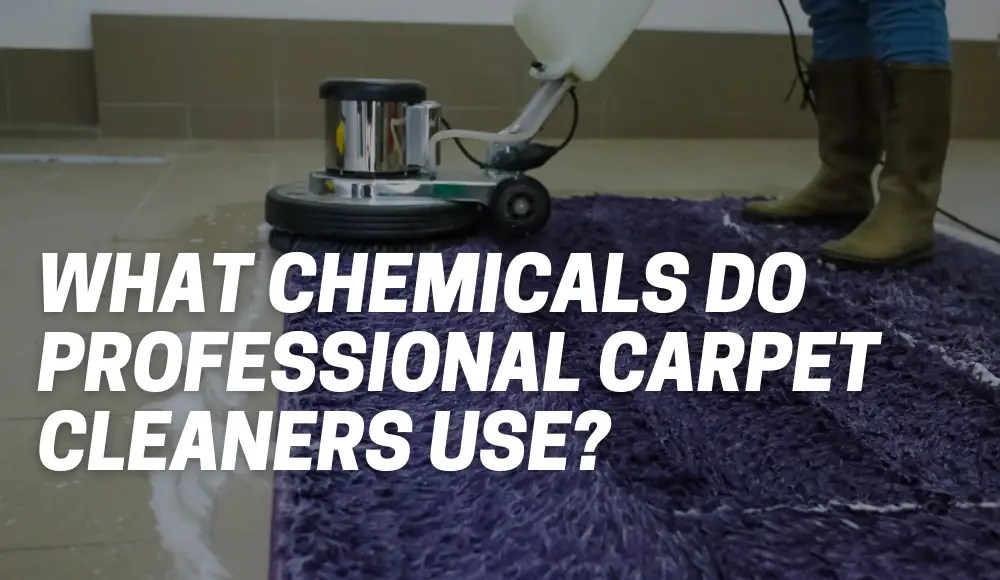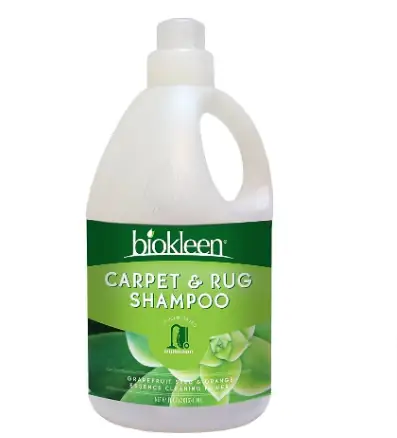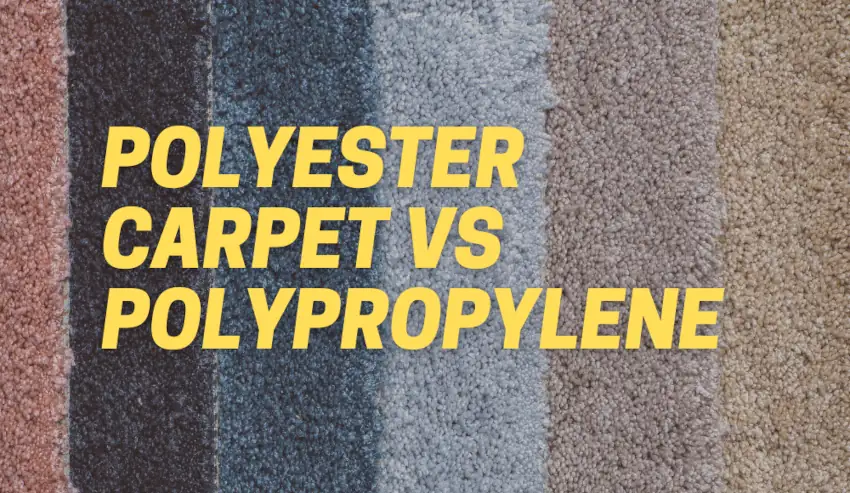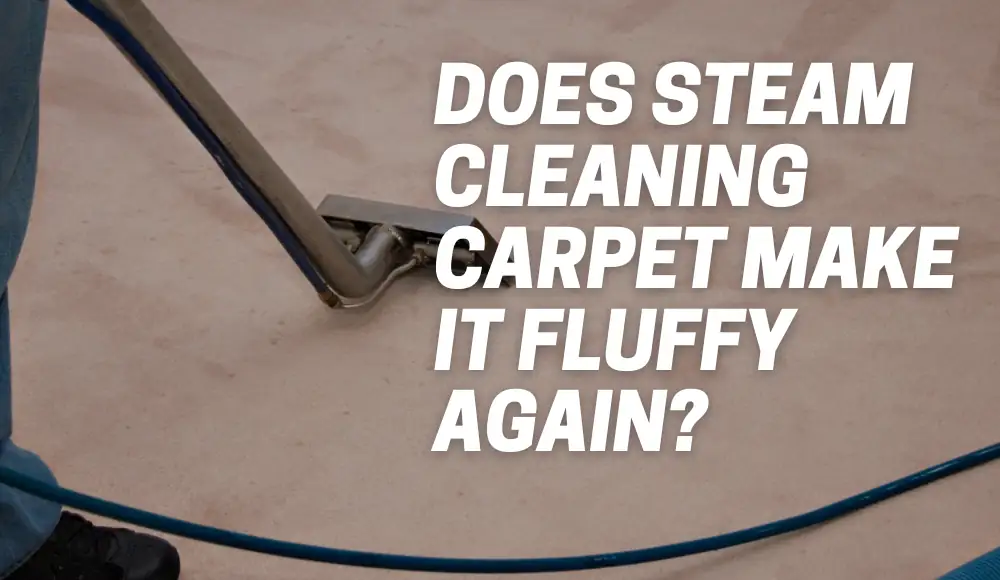Last updated on November 2nd, 2023 at 12:43 am
When it comes to maintaining a clean and fresh home, one of the key areas that often requires attention is our carpets. Over time, carpets can accumulate dirt, stains, and odors that regular vacuuming alone cannot fully eliminate. This is where professional carpet cleaning comes to the rescue!
In this article, we’ll delve into the world of carpet cleaning and explore the main ingredients in carpet cleaners, the chemicals used by professional carpet cleaners, how they remove stubborn stains, and the importance of choosing non-toxic carpet cleaners for the safety of your loved ones and pets.
What is the Main Ingredient in Carpet Cleaner?
One of the common ingredients found in carpet cleaners, whether commercial or homemade, is surfactant.
Surfactants are compounds that lower the surface tension between liquids, helping them to break down and remove dirt, grease, and grime effectively. They act as powerful cleaning agents, cutting through tough stains and making it easier for water to lift the dirt from the carpet fibers. The use of surfactants is a common practice in the cleaning industry and plays a crucial role in the effectiveness of carpet cleaning solutions.
What Chemicals Do Professional Carpet Cleaners Use?
Professional carpet cleaners use a variety of chemicals to ensure your carpets are thoroughly cleaned and restored to their former glory.
The type of cleaning products can be divided into groups, such as alkaline products, acidic products, and neutral products. Thi division depends on the pH level of the cleaning products.
Some common chemicals you may find in cleaning solutions used by professionals include:
- Enzymes: Enzyme-based cleaners are highly effective in breaking down organic stains such as pet accidents, food spills, and even blood. These enzymes work by breaking down the molecules responsible for the stain, leaving your carpets fresh and odor-free.
- Solvents: Solvents are excellent for removing oil-based stains, such as ink, grease, and tar. They dissolve these stubborn stains, allowing them to be blotted or extracted from the carpet fibers.
- Oxygen-based cleaners: These cleaners are powerful allies against tough stains like wine, coffee, and juice. Oxygen-based cleaners work by releasing oxygen to break down the stain’s color, making it easier to remove during the cleaning process.
- Citrus-based cleaners: Derived from natural citrus fruits, these cleaners are safe and effective in tackling various stains and odors. They are known for their pleasant aroma and eco-friendly properties.
- Ammonia: Ammonia is useful for cutting through grime and grease, making it ideal for heavy-duty cleaning tasks. However, it should be used with caution and proper ventilation due to its strong odor and potential irritant properties.
What Do Professional Carpet Cleaners Use to Remove Stains?
When professional carpet cleaners encounter stubborn stains, they often employ a multi-step approach to ensure effective stain removal.
Let’s take a look at how they tackle different types of stains:
- Blotting: Before applying any chemicals, professional carpet cleaners often start by blotting the stain with a clean cloth or paper towel. This step helps to remove any excess liquid and prevent the stain from spreading further.
- Pre-treatment: Depending on the type of stain, the cleaner may apply a suitable pre-treatment solution. For instance, enzymatic cleaners work wonders on organic stains, while oxygen-based cleaners excel at lifting colorful stains.
- Agitation: To ensure the cleaning solution reaches deep into the carpet fibers, cleaners may use mechanical agitation or gentle brushing techniques. This process helps to dislodge dirt and stains that have settled into the carpet.
- Hot Water Extraction: The most common method used by professional carpet cleaners is hot water extraction, also known as steam cleaning. This process involves injecting hot water and cleaning agents into the carpet and then extracting the dirt and moisture, leaving your carpets fresh and clean.
—
What Chemicals Does Stanley Steemer Use?
Stanley Steemer, a renowned carpet cleaning company, follows industry-standard practices and prioritizes the use of safe and effective cleaning chemicals.
While the specific formulations may vary, they generally use a combination of the chemicals mentioned earlier, such as enzymes, oxygen-based cleaners, and citrus-based cleaners.
On the Stanley Steemer website you can find a list of EPA safer choice cleaning components for safer carpet cleaning:
- Water CAS# 7732-18-5.
- Trisodium Dicarboxymethyl Alaninate CAS# 164462-16-2.
- Sodium Polyacrylate CAS# 9003-04-7.
- Anionic Polymer CAS# Proprietary.
- Citric Acid CAS# 77-92-9.
What Chemicals Should Be Avoided When Cleaning Carpets?
While professional carpet cleaners use safe and industry-approved chemicals, there are some chemicals you should avoid when cleaning your carpets yourself:
- Bleach: Bleach is a potent cleaning agent, but it can discolor and damage the carpet fibers. It’s best reserved for non-carpeted surfaces.
- Strong Acids: Acidic cleaners can corrode carpet fibers and cause irreversible damage.
- Ammonia: As mentioned earlier, ammonia has a strong odor and can irritate the eyes and respiratory system. It’s best used with caution and in well-ventilated areas.
Non-Toxic Carpet Cleaner
As awareness of environmental issues and health concerns grows, many people prefer to use non-toxic carpet cleaners.
Non-toxic carpet cleaners are formulated with natural, biodegradable ingredients, making them safer for both humans and pets. These eco-friendly alternatives provide effective cleaning without compromising on results.
Advantages of Non-Toxic Carpet Cleaners:
- Safer for Family and Pets: Non-toxic cleaners do not contain harmful chemicals, making them safe for everyone in your home, including children and pets.
- Environmentally Friendly: The use of biodegradable ingredients in non-toxic cleaners helps reduce the impact on the environment, making them a more sustainable choice.
- Reduced Allergens: Non-toxic cleaners can also help reduce allergens in your home, creating a healthier indoor environment.
The Importance of Professional Carpet Cleaning
While regular vacuuming helps keep your carpets relatively clean, professional carpet cleaning offers numerous benefits that go beyond what DIY methods can achieve.
Professional carpet cleaning not only removes visible stains but also eliminates deeply embedded dirt, allergens, and bacteria that can compromise indoor air quality.
Moreover, it helps prolong the life of your carpets, making them look and feel newer for longer.
One of the primary advantages of hiring professional carpet cleaners is their expertise in dealing with various types of stains and carpet materials.
They are well-trained in selecting the appropriate cleaning solutions for each situation, ensuring that your carpets are thoroughly cleaned without causing damage. This level of specialization is especially crucial when dealing with high-traffic areas or heavily soiled carpets.
Furthermore, professional carpet cleaning companies often use advanced equipment and techniques, such as hot water extraction, which is highly effective at removing dirt and grime. This method not only cleans the surface of the carpet but also reaches deep into the fibers, flushing out accumulated dirt and allergens.
What to Expect During Professional Carpet Cleaning
If you’ve never hired professional carpet cleaners before, you might be wondering what to expect during the process. Let’s walk through the typical steps involved:
1. Inspection: The carpet cleaning technicians will begin by inspecting your carpets to assess their condition and identify any specific problem areas, such as heavy stains or worn-out patches.
2. Pre-Treatment: The cleaners will apply pre-treatment solutions to tackle stubborn stains and high-traffic areas. This step helps break down dirt and stains before the main cleaning process.
3. Hot Water Extraction: As mentioned earlier, hot water extraction, also known as steam cleaning, is a widely used and effective method. During this step, hot water mixed with cleaning agents is injected into the carpet fibers and then extracted along with the loosened dirt and grime.
4. Drying: After cleaning, the carpets need time to dry thoroughly. Professional cleaners use powerful equipment to extract as much moisture as possible, but it’s still essential to allow sufficient drying time to prevent mold and mildew growth.
5. Grooming and Protection: Finally, the technicians will groom the carpets to restore their appearance and ensure the fibers dry uniformly. They may also apply carpet protectors to guard against future stains and spills.
A Helpful List: Carpet Cleaning Dos and Don’ts
Let’s create a handy list of dos and don’ts to guide you through carpet cleaning:
Dos:
- Vacuum Regularly: Regular vacuuming helps prevent dirt and debris from settling deep into the carpet fibers.
- Act Quickly on Spills: Promptly address spills and stains to minimize their impact on your carpets.
- Hire Professionals Periodically: Consider professional carpet cleaning every 6 to 12 months to maintain cleanliness and prolong carpet life.
- Use Non-Toxic Cleaners: Opt for non-toxic and eco-friendly carpet cleaners to ensure the safety of your family and pets.
Don’ts:
- Use Harsh Chemicals: Avoid using bleach, strong acids, or other harsh chemicals that can damage carpet fibers.
- Over-Wet Carpets: Excessive moisture can lead to mold growth and damage the carpet backing. Properly regulate the amount of cleaning solution and water used.
- Ignore Regular Maintenance: Neglecting regular cleaning and maintenance can lead to irreversible damage and costly replacements.
FAQs
Is It Safe to Sleep in a Room After Carpet Cleaning?
Yes, it is generally safe to sleep in a room after professional carpet cleaning. However, it’s a good idea to allow the carpets to dry completely before spending an extended amount of time in the room. Proper ventilation can help expedite the drying process.
Is Carpet Cleaner Toxic to Dogs?
Certain carpet cleaners that contain harsh chemicals may pose a risk to dogs. It’s essential to choose pet-safe and non-toxic carpet cleaners to protect your furry friends from potential harm. Always read the product labels and follow the manufacturer’s instructions.
Conclusion
Professional carpet cleaning is an effective way to maintain a clean and fresh living space. The main ingredients found in carpet cleaners, such as surfactants, play a crucial role in their efficacy.
Professional cleaners use a range of chemicals, including enzymes, solvents, and oxygen-based cleaners, to tackle various stains effectively. Renowned companies like Stanley Steemer prioritize the use of safe and effective cleaning solutions.
When it comes to cleaning carpets yourself, it’s essential to avoid harsh chemicals like bleach and strong acids.
Instead, opt for non-toxic carpet cleaners that are safer for your family, pets, and the environment. By choosing eco-friendly options, you can enjoy clean carpets without compromising on health and safety. Remember, a clean home leads to a happy home!




